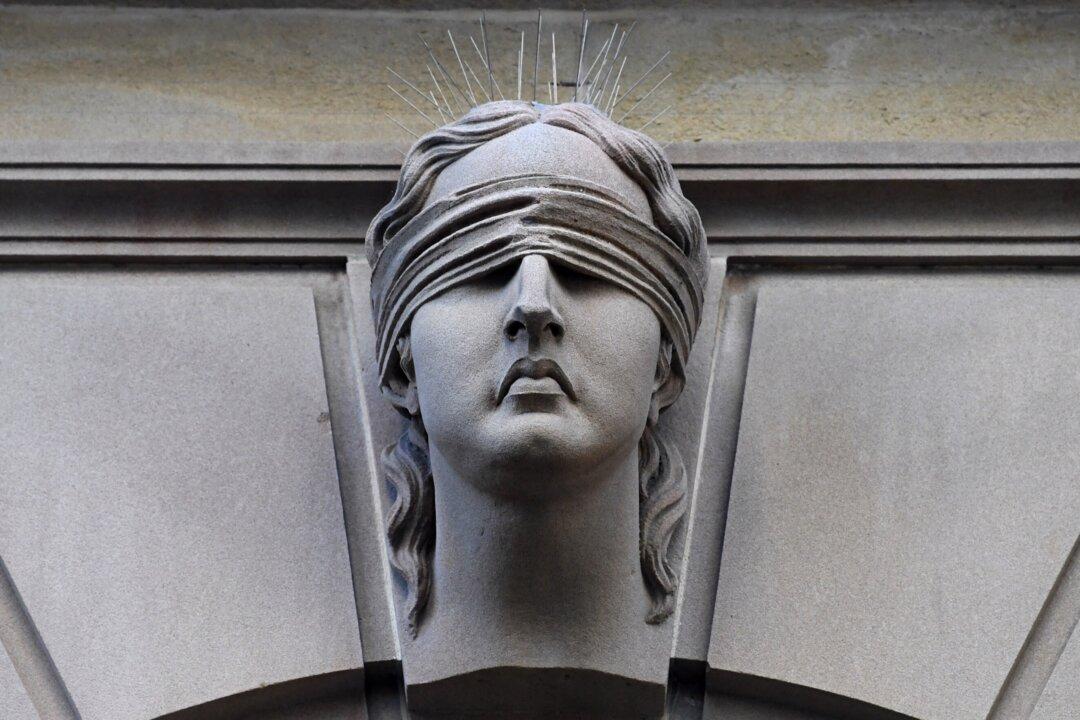Commentary
Integral to the integrity of our society, based as it is on the rule of law, is the behaviour and competence of the Director of Public Prosecutions (DPP).

Integral to the integrity of our society, based as it is on the rule of law, is the behaviour and competence of the Director of Public Prosecutions (DPP).